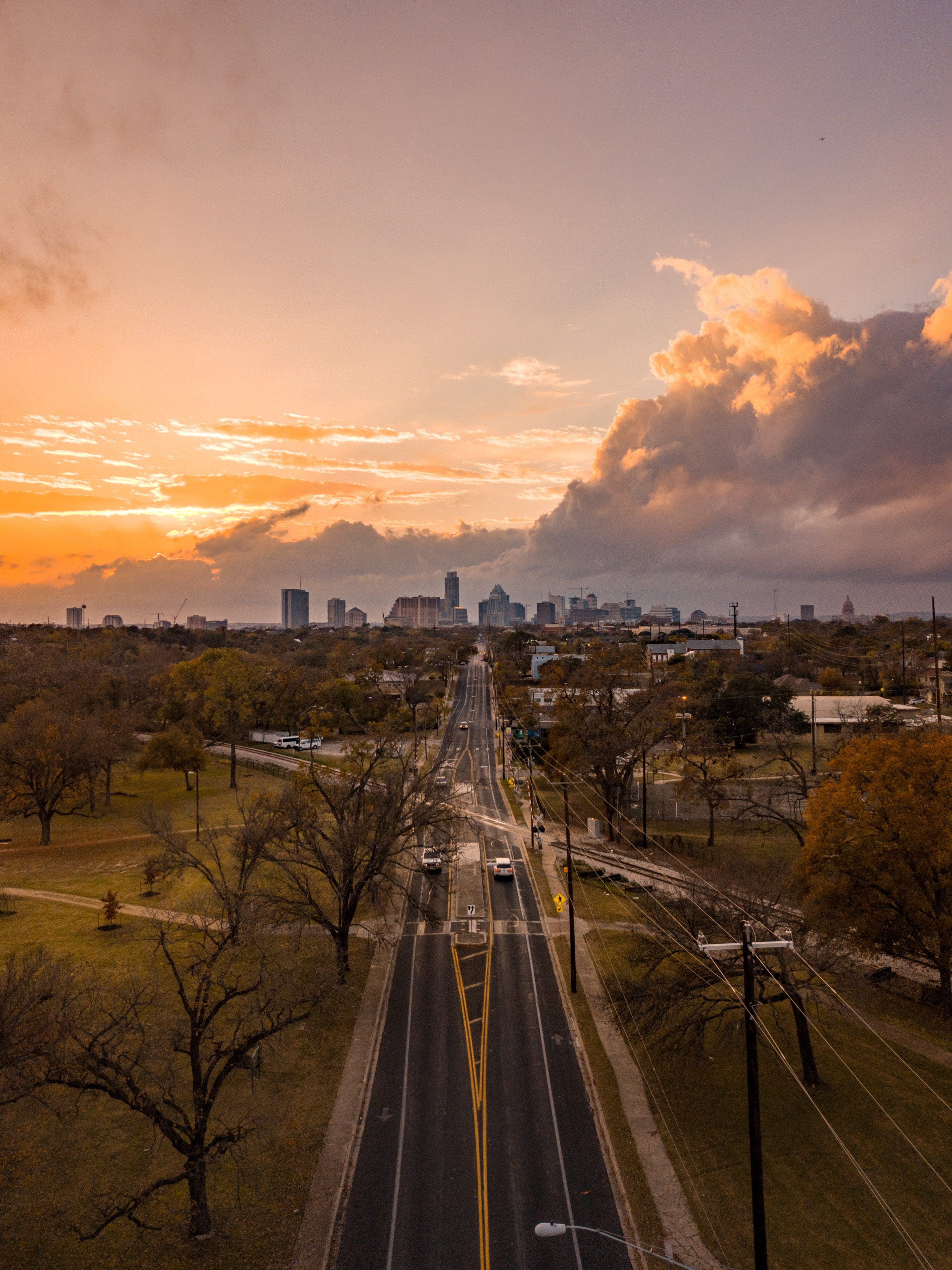As a growing number of local governments across Texas and the nation enact similar rules amid the coronavirus outbreak, strict additional regulations are now coming for Central Texas citizens.
At a press conference Tuesday, Austin-area local government officials announced a mandatory shelter-in-place order for the entire Travis and Williamson County areas, beginning March 24 at 11:59 p.m. and lasting until April 13.
The order restricts travel, bans any gathering of any number outside a single household, and says all “non-essential businesses and operations must cease.”
However, “essential” businesses, “those that provide the basic necessities for food, water, and shelter,” must remain open. Those include grocery stores, gas stations, pharmacies, and hardware stores. Restaurants can remain open only for delivery or carryout.
Essential-only travel is also allowed, such as going to the store or to another residence to take care of a family member. Going outside for outdoor activity is permitted, given you maintain “social distancing” of 6 feet from other people.
Violators of the new order could face stiff penalties of six months in jail and fines up to $1,000.
Austin Mayor Steve Adler was one of the officials who announced the order Tuesday, saying he wants to decrease in-person contact almost entirely.
“We have to decrease the number of physical interactions that we’re having by 90 percent,” he said. “That’s a really big number that’s going to be pretty disruptive to people’s lives.”
Interim Austin Public Health authority Mark Escott recommended at the press conference that all area-private and public schools close for the remainder of the semester. He said there have been 86 confirmed cases of coronavirus in the Austin area.
Questions abounded in reaction to the announcement. One citizen asked Travis County Judge Sarah Eckhardt if the construction industry will still be allowed to continue working on important projects such as infrastructure.
“I will not speak about specific industries, except to say if it’s not essential for health and safety, we are asking you to stop operations for a period of time,” Eckhardt replied.
Numerous citizens posted their questions online, many on the city’s social media posts, describing how a shelter-in-place order could be disastrous for their livelihood.
“So where does it say you are suspending rent payments? How are hundreds of thousands of Austinites going to afford rent?” one person asked.
“I can’t work from home because being a waitress doesn’t allow that, and my job shut down,” another said. “Why aren’t we suspending rent and utilities??? I need to pay rent but can’t do that if I’m not working. Filed for unemployment, but I haven’t lived here a full year, so I don’t get that money.”
“It is going to take a substantial period of time for the economy to recover,” Austin resident Gary Yeck added. “If the trend of the last 11 years continues, the borrowing and compounded debt, the survival of our country is at risk.”
The Central Texas shelter-in-place order joins at least 18 other counties across the state doing so, encompassing areas including Dallas, Houston, Waco, and San Antonio.





